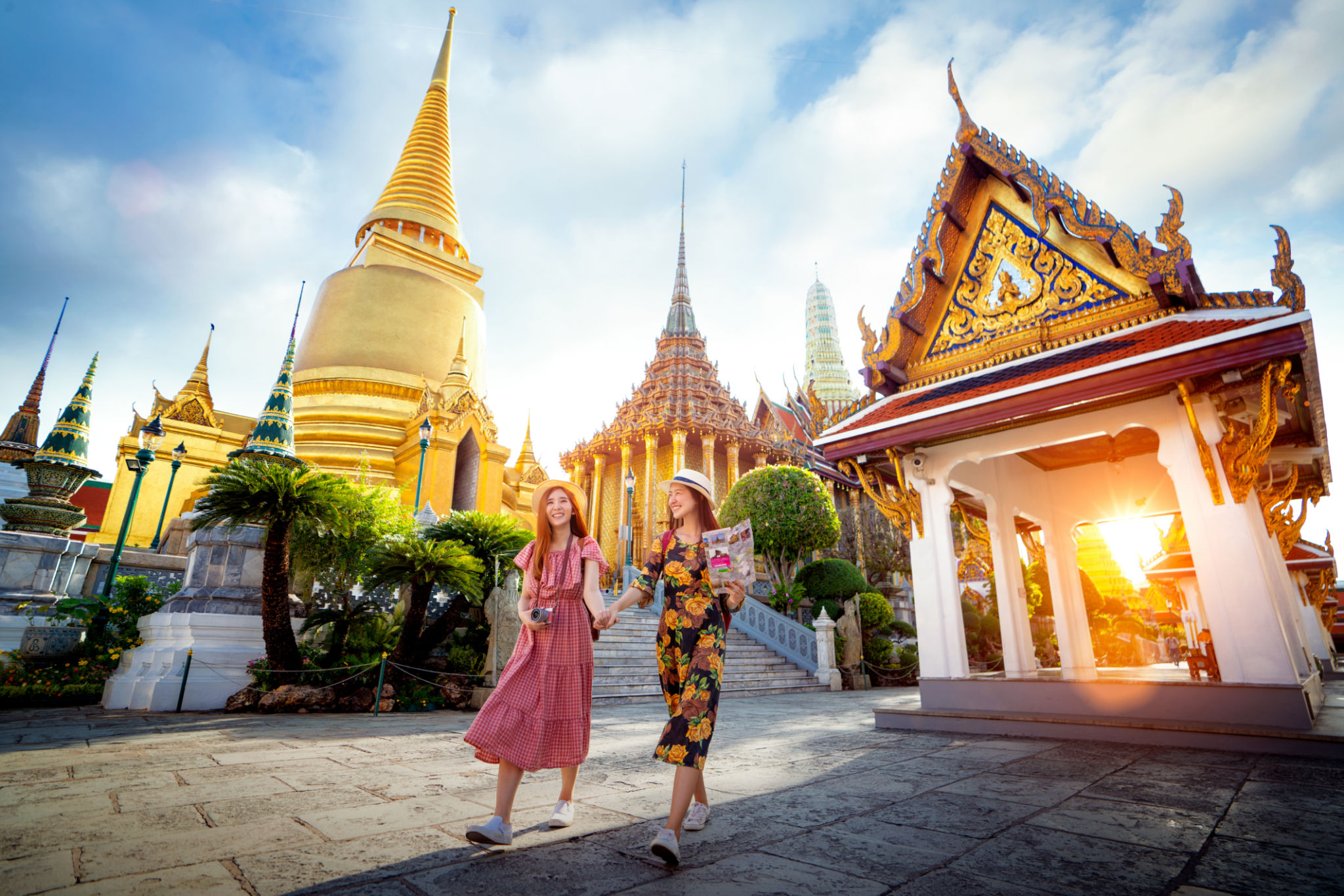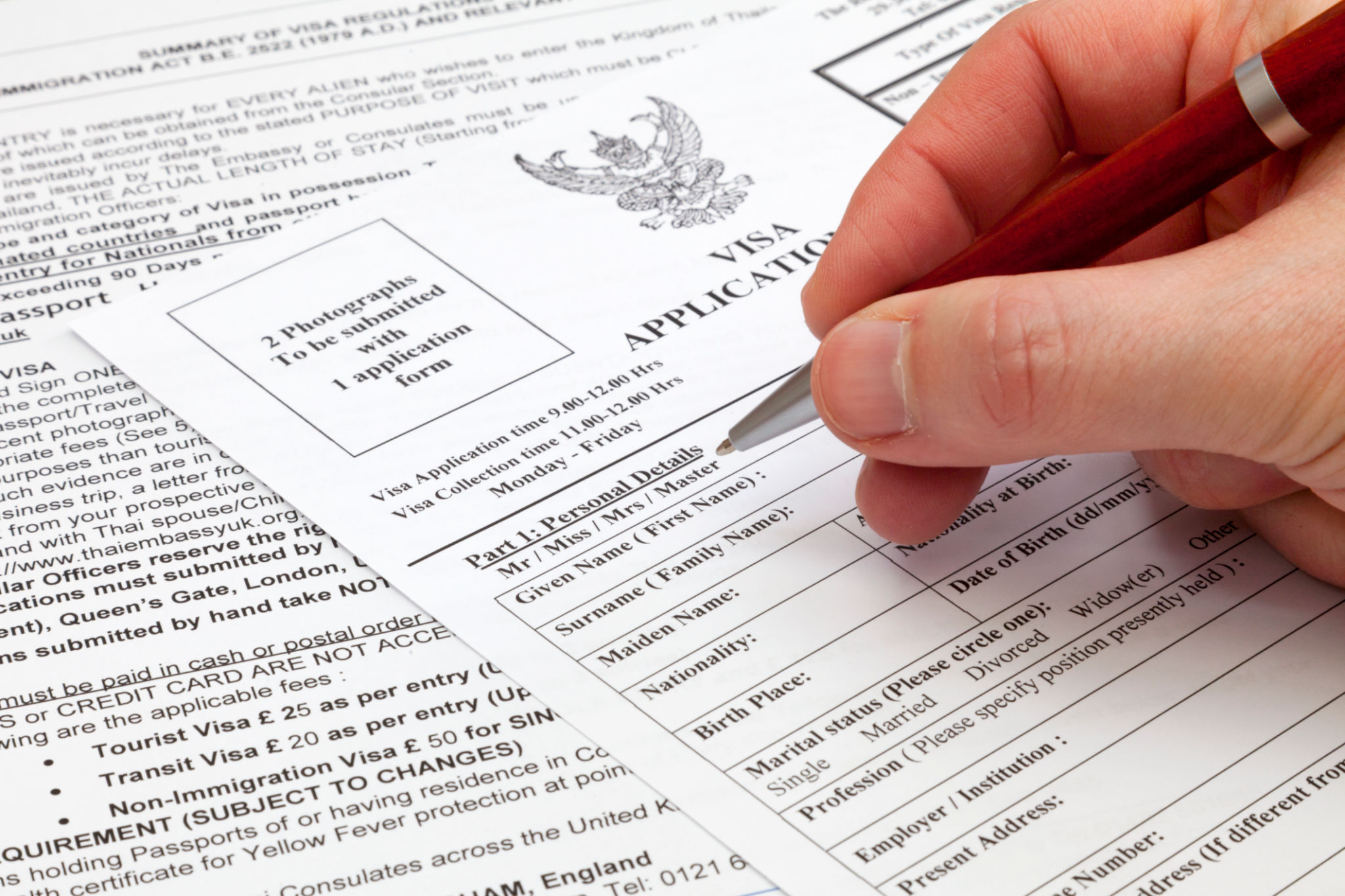Understanding the Differences: DTV Visa vs. Tourist Visa in Thailand
Understanding the DTV Visa
The Digital Tourist Visa (DTV) is a relatively new addition to Thailand's visa offerings, designed to cater to the changing needs of travelers in the digital age. This visa is primarily aimed at individuals who wish to work remotely while enjoying the scenic beauty and vibrant culture of Thailand. It allows for a longer stay compared to a traditional tourist visa, thus providing more flexibility for digital nomads.
The DTV visa offers a unique opportunity for those in the tech and digital industries to experience Thailand while maintaining their professional commitments. Typically, this visa allows for a stay of up to 12 months, with the possibility of renewal. The application process for a DTV visa involves submitting proof of employment or freelance work, along with financial stability documentation.

Exploring the Traditional Tourist Visa
On the other hand, the Tourist Visa is a more conventional option for those visiting Thailand for leisure and short-term travel. This visa is suitable for travelers looking to explore the country's rich history, stunning landscapes, and delicious cuisine without any work-related commitments. The Tourist Visa typically allows for a stay of up to 60 days, with the possibility of extending it for an additional 30 days.
The application process for a Tourist Visa is generally simpler than that of a DTV visa. Applicants need to provide basic travel documents, such as a valid passport, proof of onward travel, and accommodation details. This makes it an ideal choice for holidaymakers and tourists who wish to immerse themselves in the local culture and attractions.

Key Differences Between DTV Visa and Tourist Visa
While both visas grant entry into Thailand, they serve different purposes and come with varying requirements and benefits. Here are some key differences:
- Purpose: The DTV visa is designed for remote work and extended stays, while the Tourist Visa is meant for short-term leisure travel.
- Duration: The DTV visa allows for up to 12 months, whereas the Tourist Visa typically covers up to 60 days.
- Requirements: The DTV visa demands proof of remote work or freelance employment, while the Tourist Visa requires basic travel documents.
Understanding these differences can help travelers choose the right visa based on their travel intentions and duration of stay in Thailand.

Who Should Apply for a DTV Visa?
If you are someone who works remotely or is a digital nomad seeking a new environment to inspire your creativity and productivity, the DTV visa might be the perfect fit for you. This visa not only grants you an extended stay but also allows you to legally work from Thailand without any hassle. It's an excellent opportunity for tech professionals, writers, designers, and other digital workers.
The ability to live in a culturally rich and diverse country like Thailand while continuing your professional endeavors is a significant advantage of the DTV visa. It provides a unique blend of work and leisure, allowing you to explore new surroundings during your free time.
Who Should Opt for a Tourist Visa?
For those who are primarily interested in exploring Thailand's beautiful beaches, ancient temples, bustling markets, and vibrant nightlife, the Tourist Visa is more suitable. It is perfect for travelers who want to experience the essence of Thai culture without committing to long-term stays or work obligations.
The Tourist Visa is also ideal for families or groups planning vacations in Thailand, as it offers enough time to visit multiple regions within the country while enjoying a relaxed travel pace.

Conclusion
Choosing between a DTV visa and a Tourist Visa depends largely on your individual needs and plans while visiting Thailand. If you're looking to combine work with travel, the DTV visa offers unparalleled flexibility and duration. However, if your primary goal is leisure and exploration, the Tourist Visa provides ample time to enjoy all that Thailand has to offer.
Ultimately, both visas have their distinct advantages and cater to different types of travelers. Understanding these options can ensure that your time in Thailand is both enjoyable and tailored to your specific requirements.